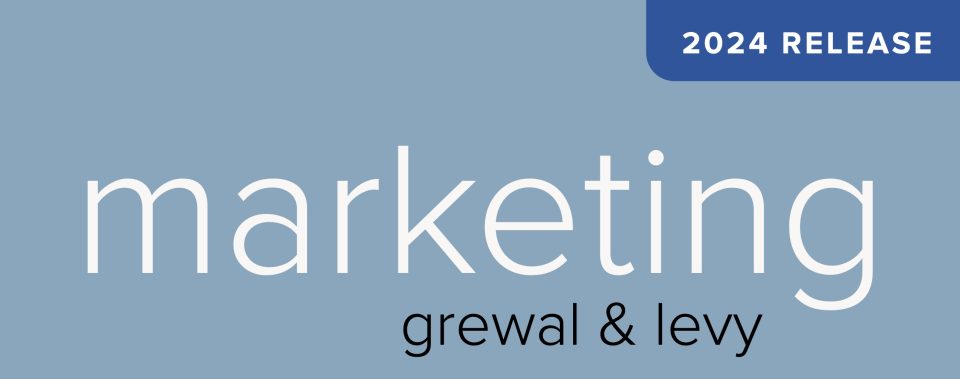 Apple is clearly one of the most innovative companies in the world. Its line of i-products has revolutionized the way people interact in nearly every realm of their lives. It is also emerging as one of the most litigious companies, as it pursues its competitors in court with complaints that they are infringing on its patented designs.
Apple is clearly one of the most innovative companies in the world. Its line of i-products has revolutionized the way people interact in nearly every realm of their lives. It is also emerging as one of the most litigious companies, as it pursues its competitors in court with complaints that they are infringing on its patented designs.
Thus far, Apple has accused both Samsung and Motorola of copying the software and design of the iPhone in their competing smartphone and tablet models. Unfortunately for anyone interested in clear rules though, each case was decided differently in the courts.
A circuit court judge threw out Apple’s case against Motorola, noting that patents related to smartphones, their designs, and their software were “in chaos.” Some patents refer to basic or trivial elements (which is contrary to the original requirements of patents), making it nearly impossible for competitors to offer a competing product. For example, Apple complained that competitors were using a rectangle with rounded edges for their tablets—a basic shape that it had patented.
In the Samsung case though, a jury awarded Apple more than $1 billion in damages suffered because Samsung infringed on its design and software innovations. Samsung plans to appeal, of course, and it also notes that it is fighting Apple in multiple other cases being tried worldwide.
The confusion about these outcomes might abate a little if we look at the broader picture. According to some commentators, when Apple sues Samsung or Motorola, its real target instead is Google and the Android system that these competitors rely on for their smart computing operations. In this battle, patents are being used as weapons to stifle or mitigate competition, rather than encouraging it, as patent laws are designed to do.
Source: Steve Lohr, “Apple–Samsung Case Shows Smartphone as Legal Magnet,” The New York Times, August 25, 2012; “How the Jury Decided,” The New York Times, August 25, 2012

Apple’s tendency to sue its competitors for even the most trivial of things not only harms innovation but also harms their image. Apple has built a reputation as being a bully in the marketplace due to their constant litigation, which has the opposite effect of building a reputation as the leader in technological innovation. Their decision to continue prosecuting competitors could severely harm their reputation if they continue doing what they are doing. This is something they must consider as they continue to try to harm competitors by ceasing their innovations.